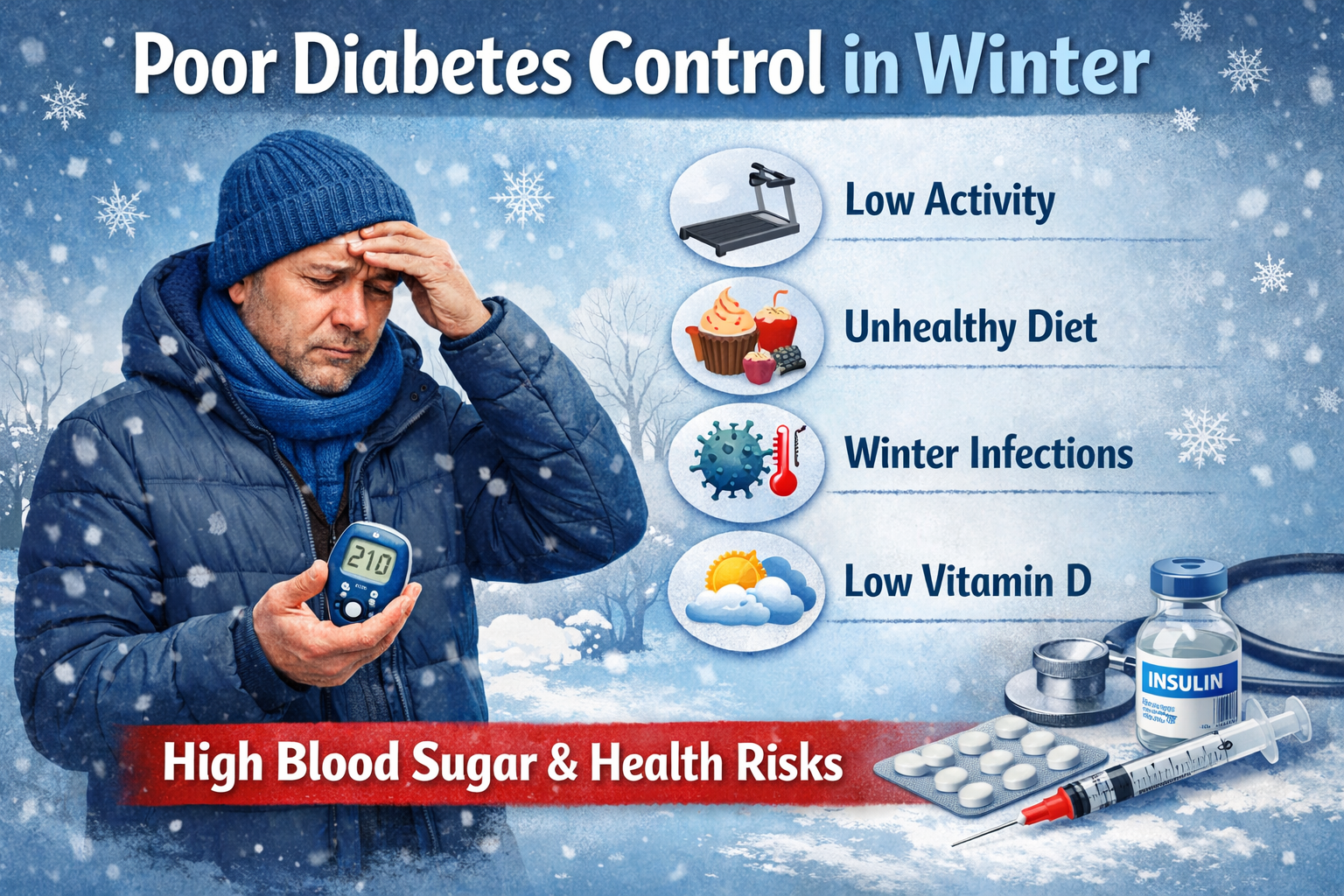Artificial Intelligence (AI) has emerged as one of the most transformative technologies in healthcare. From enhancing diagnostics to streamlining hospital operations, AI is redefining how medical professionals deliver care. In 2025, the integration of AI into clinical settings is no longer a futuristic idea—it’s a present-day reality.
What is AI in Healthcare?
Artificial Intelligence in healthcare refers to the use of machine learning algorithms and other cognitive technologies to simulate human thinking in analyzing complex medical data. AI systems are designed to learn from data, recognize patterns, and make decisions with minimal human intervention.
Key Applications of AI in Healthcare
1. Medical Imaging and Diagnostics
AI-driven tools are proving exceptionally accurate in interpreting medical images such as MRIs, CT scans, and X-rays. Tools like Google’s DeepMind and IBM Watson are helping radiologists detect conditions such as cancer, stroke, and fractures faster and with greater precision.
2. Predictive Analytics
AI algorithms can forecast outbreaks, patient deterioration, or the likelihood of hospital readmissions. By analyzing patient data, these systems provide early warnings, allowing healthcare providers to intervene proactively.
3. Personalized Medicine
AI enables tailored treatment plans based on individual patient data, including genetic profiles and lifestyle factors. This approach improves treatment outcomes and minimizes adverse effects.
4. Virtual Health Assistants and Chatbots
AI-powered chatbots are being used for preliminary diagnosis, medication reminders, mental health support, and answering patient queries—enhancing accessibility and reducing the burden on healthcare staff.
5. Operational Efficiency
Hospitals are leveraging AI for administrative tasks such as scheduling, billing, and resource management. This streamlining helps cut costs and improve patient experience.
Benefits of AI in Healthcare
- Improved Accuracy: AI minimizes diagnostic errors by processing vast amounts of data that the human brain cannot.
- Faster Decision-Making: AI tools speed up clinical decisions, especially in emergency settings.
- Cost Reduction: Automating administrative tasks and optimizing resource allocation leads to significant cost savings.
- Enhanced Patient Care: With predictive analytics and personalized treatment, patient outcomes are vastly improved.
Challenges and Ethical Considerations
Despite its promise, AI in healthcare comes with challenges:
- Data Privacy: Handling sensitive patient data requires strict compliance with privacy laws.
- Bias in Algorithms: Incomplete or unrepresentative data can lead to biased outcomes.
- Trust and Adoption: Some healthcare professionals remain skeptical about relying on AI for critical decisions.
The Future of AI in Healthcare
Looking ahead, AI is expected to become even more integrated into healthcare, especially in telemedicine, robotic surgeries, and drug discovery. With advancements in natural language processing and real-time data analytics, AI will continue to augment human capabilities rather than replace them.
Final Thoughts
Artificial Intelligence in healthcare is no longer optional—it’s essential. As we embrace this technological evolution, it’s vital to ensure ethical deployment and continuous education for healthcare providers. The synergy between AI and human intelligence holds the potential to create a more efficient, accurate, and patient-centered healthcare system.




